Balancing both efficiency and comfort, your HVAC system is an essential component of your home or business. But a high-functioning HVAC system doesn’t just happen—it’s the result of careful planning, regular maintenance, and a well-structured HVAC contract.
This topic uncovers the secrets to creating a robust HVAC contract, safeguarding your investment while ensuring optimal performance. From breaking down standard clauses to showcasing useful contract templates, we’ll equip you with everything you need to secure a beneficial HVAC agreement. Dive in to discover how to pave the way for a seamless, worry-free HVAC experience.
Table of Contents
What Is an HVAC Contract?

An HVAC contract is a legally binding agreement between a property owner and an HVAC service provider that outlines the scope, terms, and conditions for the installation, maintenance, or repair of HVAC systems.
It serves as an essential roadmap, detailing the responsibilities and obligations of both parties—such as services to be provided, payment terms, timeframes, warranty information, and procedures for handling disputes. This contract ensures mutual understanding, clarifies expectations, and safeguards against potential disputes, fostering a smooth and professional working relationship between the client and the service provider.
HVAC Contract Agreement Templates
HVAC contractors install and service heating, ventilation and air conditioning systems. Using HVAC contract templates allows them to secure business with clearly defined agreements. The templates ensure all critical information is covered.
Details in an HVAC contract template include the customer name, work location and equipment details. The scope of work, timeline, warranties and pricing are defined. Licenses, permits, insurance and liabilities are addressed. Terms for changes, disputes and termination are included. Payment schedules and completion requirements are established. Templates can be customized for each project.
Standard HVAC contract templates bring consistency to agreements while allowing personalization. Contractors add specific customer data, equipment and pricing. Following proven templates means no contractual components are overlooked. They present comprehensive agreements to instill customer confidence. Templates enable contractors to generate custom HVAC contracts efficiently. Using professional templates helps ensure mutually beneficial customer relationships and projects.
What is an HVAC System?
An HVAC system, short for Heating, Ventilation, and Air Conditioning, is an integrated mechanical system that provides thermal comfort and optimal air quality in an indoor environment. This system consists of various components that perform different functions, ensuring a comfortable indoor climate regardless of outdoor weather conditions.
Heating: The heating component of an HVAC system is responsible for raising the temperature of a building to create a warm and cozy environment during colder months. This is typically achieved through furnaces or heat pumps that distribute warm air through ductwork, or through boilers that heat water for radiators or underfloor heating systems.
Ventilation: Ventilation plays a crucial role in maintaining indoor air quality. It replaces or dilutes indoor air with fresh outdoor air, reducing moisture, odors, smoke, dust, airborne bacteria, and other contaminants. Ventilation may be natural (like opening a window) or mechanical, such as exhaust fans and air handling units.
Air Conditioning: Air conditioning units, or ACs, cool down indoor air when temperatures soar. They work by removing heat from inside the building and releasing it outdoors, creating a cooler indoor environment. Air conditioners also act as dehumidifiers, reducing the level of moisture in the air which further enhances comfort.
What Does an HVAC Technician Do?
HVAC technicians are skilled professionals who install, maintain, and repair HVAC systems. Their job goes beyond just handling these systems—they must also understand the science behind them and the role each part plays in maintaining a comfortable and healthy indoor environment.
Installation: HVAC technicians often start their work on a project with system installation. This process involves understanding the layout of a building, designing an appropriate system that meets the client’s needs and the building’s requirements, installing all system components, and ensuring they operate correctly.
Maintenance: Regular maintenance is key to the longevity and efficiency of an HVAC system. HVAC technicians conduct routine inspections and perform tasks such as cleaning or replacing air filters, lubricating moving parts, inspecting controls and thermostats, and checking system operations to ensure everything is running smoothly.
Repairs: When HVAC systems break down or perform inefficiently, technicians diagnose the issues and perform necessary repairs. This can involve troubleshooting mechanical or electrical components, replacing damaged parts, refilling refrigerant, or fixing leaks.
Consultation and Client Education: HVAC technicians also advise clients on the best HVAC systems for their needs, energy efficiency, and indoor air quality improvement. They educate clients on the importance of routine maintenance and how to use their HVAC systems optimally.
Compliance and Safety: HVAC technicians ensure that all installations and repairs comply with local building codes and safety regulations. They also handle potentially hazardous materials, like refrigerants, responsibly to protect both themselves and the environment.
Advantages and Disadvantages of Having an HVAC Contract
Navigating the complexities of heating, ventilation, and air conditioning (HVAC) systems can be daunting. An HVAC contract—promising regular maintenance and priority service—often appears as a beacon of security amidst the potential uncertainties. But like all agreements, HVAC contracts come with their own set of pros and cons that can significantly impact the functionality of your system and overall cost-effectiveness. This guide aims to provide a comprehensive overview of the benefits and drawbacks of having an HVAC contract, empowering you to make informed decisions that best suit your individual needs and circumstances.
Here are the advantages and disadvantages:
Advantages of Having an HVAC Contract
Defined Responsibilities and Expectations: An HVAC contract lays out the specific tasks to be performed by the HVAC technician and outlines the client’s responsibilities. This detailed breakdown can prevent misunderstandings and conflicts by setting clear expectations for both parties.
Scheduled Maintenance: Regular maintenance is a key component of most HVAC contracts. This can improve the efficiency and longevity of your HVAC system, saving you money in the long run.
Priority Service: Often, HVAC contracts offer priority service for their contract holders. This means if your system breaks down, you get moved to the front of the service queue.
Cost Savings: By including regular maintenance, and sometimes repairs, in the contract, you can often save money compared to paying for these services individually.
Improved System Performance: Regular maintenance under a contract can improve the performance of your HVAC system, leading to improved comfort, better air quality, and lower energy bills.
Dispute Resolution: Contracts often include clauses that outline how disputes should be resolved, offering protection for both the client and the provider.
Disadvantages of Having an HVAC Contract
Cost: The initial cost of an HVAC contract can seem high compared to paying for individual services. It’s important to calculate whether the services provided under the contract will be more cost-effective in the long run.
Locked-In Agreement: Once you sign a contract, you’re generally committed for a certain period of time. If you’re not happy with the service, it might be difficult or costly to terminate the contract early.
Unused Services: If your HVAC system runs smoothly and doesn’t need repairs or frequent maintenance, you may find that you’re paying for services you don’t need.
Limited Flexibility: Some contracts may not allow for changes in service or providers until the contract period is over. This can be a disadvantage if your needs change or if you’re unsatisfied with the current service provider.
Quality of Service: If a company knows it has you locked into a contract, it might not provide the same level of service compared to if it was competing for your business each time.
Types of HVAC Contracts
HVAC contracts can vary significantly depending on the needs of the client and the services offered by the HVAC company. However, they generally fall into two broad categories: HVAC Maintenance Agreements and HVAC Installation Contracts. Let’s delve into the details of each.
HVAC Maintenance Agreements
HVAC Maintenance Agreements, also known as service contracts or preventative maintenance agreements, are contracts between a client and an HVAC service provider that outline regular, scheduled maintenance services for an HVAC system.
Components: These contracts typically cover regular inspections of the HVAC system, cleaning services, tune-ups, and minor repairs to keep the system running optimally. They may also provide priority service and discounted rates for repairs not covered under the maintenance agreement.
Benefits: These agreements can increase the lifespan and efficiency of your HVAC system, ultimately saving you money in the long run. Regular maintenance can catch minor issues before they become significant, costly problems, and can also keep your system running at peak efficiency, lowering your energy costs.
Considerations: Not all maintenance agreements are created equal. It’s essential to read the contract thoroughly and understand exactly what services are included. Ask questions if any terms are unclear. Some contracts may only cover certain parts of the system or certain types of service, while others might be more comprehensive.
HVAC Installation Contracts
HVAC Installation Contracts are agreements between a client and an HVAC company that outline the terms for installing a new HVAC system.
Components: These contracts should specify the type of system to be installed, the cost of the system and installation, the timeline for the project, warranty information, and terms for handling any changes or disputes that may arise during the installation process. They may also include the provision of training on the use and care of the system.
Benefits: An installation contract provides protection for both the client and the installer. It ensures the client gets the agreed-upon system installed professionally, within the specified timeline, and at the agreed price. For the installer, it ensures payment upon completion of the project according to the terms outlined.
Considerations: As with any contract, it’s crucial to read and understand all terms before signing. Be sure the contract includes all aspects of the project you’ve discussed with the installer, including any specific models or brands, and any special requests or requirements you may have.
Both types of contracts offer their unique advantages and are designed to provide a transparent and structured agreement between the HVAC service provider and the client. Always review these contracts carefully and consult with a professional if any terms are unclear. By doing so, you’ll ensure that your HVAC system remains in excellent condition, providing you with comfort and peace of mind.
What to Include in an HVAC Contract?
Creating an HVAC contract requires a careful balance of detailed specifications and general provisions that protect both parties involved. This contract should ideally address all potential scenarios and define the terms of the relationship between the client and the HVAC service provider. Here’s a detailed breakdown of what to include in an HVAC contract:
Parties Involved:
Include the full names and contact information of the client and the HVAC company or contractor. This section identifies who is responsible for fulfilling the contract and who is entitled to the services.
Scope of Work:
This is a detailed description of the services to be provided by the HVAC contractor. It should clearly state whether the contract covers installation, routine maintenance, repairs, or a combination. For each service, provide specific details about what the work involves.
Equipment and Materials:
Include detailed information about the specific equipment and materials to be used, especially in an installation contract. Specify brand names, model numbers, sizes, quantities, and any other relevant details.
Price and Payment Terms:
Clearly state the total price for the services to be provided and how this price was calculated. Define the payment terms, such as how much is due upfront, when subsequent payments are due, and acceptable forms of payment. Also, clarify what happens in case of late payments.
Schedule:
Provide a timeline for when the work will start and when it is expected to be completed. If the contract is for ongoing maintenance, specify the frequency of service visits.
Warranty and Guarantee:
Outline any warranty or guarantee offered on the equipment, materials, or workmanship. Specify the duration of the warranty and what it covers.
Insurance and Licenses:
State that the HVAC contractor has the necessary licenses and insurance to perform the work. This protects the client in case of any accidents or damage.
Termination Clause:
Define the circumstances under which the contract can be terminated by either party, and what happens in such a case. This might include failure to make payment, failure to perform services as promised, or breach of other terms in the contract.
Dispute Resolution:
Specify how any disputes that arise will be resolved. Options might include mediation, arbitration, or legal action.
Signatures:
At the end of the contract, provide spaces for both parties to sign and date the document, officially agreeing to the terms outlined.
How to Write a HVAC Contract?
Writing an HVAC contract involves careful planning and attention to detail to ensure that all potential scenarios are covered, and both parties’ interests are protected. Here’s a step-by-step guide on how to create an HVAC contract:
Step 1: Identify the Parties
Start the contract by clearly identifying the parties involved. This includes the full legal names and contact information of both the client and the HVAC contractor. It’s crucial to specify who is responsible for providing the services and who will receive the services.
For example: “This agreement is made this 6th day of August, 2023, by and between XYZ HVAC Services, located at 123 Main Street, Town, State, ZIP (“Contractor”) and John Doe, located at 456 Maple Drive, Town, State, ZIP (“Client”).”
Step 2: Define the Scope of Work
The next step is to define the scope of work, detailing the services the HVAC contractor will provide. These could include installation, maintenance, repairs, or a combination thereof. Be specific about what each service entails.
For instance: “The Contractor agrees to install a new HVAC system at the Client’s location. The installation will include one (1) ABC Model XYZ central air conditioning unit, ductwork, and a digital thermostat. The Contractor will also remove and dispose of the old unit in accordance with local regulations.”
Step 3: Specify Equipment and Materials
List the specific equipment and materials to be used in the project, including brand names, model numbers, sizes, quantities, and other relevant specifications. This ensures that both parties agree on the quality and type of materials to be used.
For instance: “The HVAC system to be installed includes the following components: one (1) ABC Model XYZ central air conditioning unit, fifteen (15) linear feet of 8-inch round galvanized ductwork, and one (1) DEF Model GHI digital thermostat.”
Step 4: State the Price and Payment Terms
Provide a clear statement of the total cost of the project and outline the payment terms. Be specific about due dates, acceptable payment methods, and penalties for late payment. It may also be helpful to explain how the total cost was calculated.
For example: “The total cost for this project is $4,000. The Client will provide a down payment of $1,000 upon signing this contract. The balance will be due in three equal installments of $1,000 each, payable on the first day of the following three months. Payments can be made by check or credit card. Late payments will incur a penalty of 1.5% per month.”
Step 5: Provide a Schedule
Include a timeline for when the work will start and when it is expected to be completed. If the contract is for ongoing maintenance, specify the frequency of service visits.
For example: “The Contractor will commence work on August 20, 2023, and expects to complete the installation by August 27, 2023. Subsequent maintenance services will be performed every six months thereafter, beginning in February 2024.”
Step 6: Outline Warranty and Guarantee
Specify any warranty or guarantee provided on the equipment, materials, or workmanship. State the duration of the warranty and what it covers.
For example: “The Contractor provides a one-year warranty on the ABC Model XYZ central air conditioning unit and a six-month warranty on all installation workmanship. This covers only defects in materials and workmanship and does not cover damage due to misuse, neglect, or acts of nature.”
Step 7: State Insurance and Licenses
Affirm that the HVAC contractor has the necessary licenses and insurance to perform the work. This protects the client in case of any accidents or damage.
For example: “The Contractor is licensed by the state to perform HVAC services and carries a $1 million liability insurance policy. Proof of both can be provided upon request.”
Step 8: Add a Termination Clause
Define the conditions under which either party can terminate the contract, and what the consequences of termination will be.
For example: “This contract may be terminated by the Client if the Contractor fails to complete the work by August 27, 2023, or by the Contractor if the Client fails to make payments as outlined. Upon termination, the Client will be responsible for payment for all work performed and materials purchased up to the termination date.”
Step 9: Describe Dispute Resolution
State how any disputes that arise will be resolved. Options may include mediation, arbitration, or taking the dispute to court.
For instance: “Any disputes that arise under this contract will first be attempted to be resolved through mediation. If mediation is unsuccessful, the disputes will be settled through binding arbitration.”
Step 10: Obtain Signatures
The final step is for both parties to sign and date the contract, agreeing to the terms and conditions outlined. The contract is not legally binding until it is signed by both parties.
For example: “Agreed and accepted by: XYZ HVAC Services (Contractor) Signature: _______________ Date: ___________
John Doe (Client) Signature: _______________ Date: ___________”
HVAC Service Contract Costs
The cost of an HVAC service contract can vary greatly based on various factors, including the complexity of the system, the range of services included in the contract, the location, and the specific HVAC company’s pricing structure. It’s important to get quotes from multiple providers to understand the range of prices in your specific area.
Here are some general figures for guidance:
- Basic HVAC Maintenance Contracts: For basic contracts that cover annual or biannual preventative maintenance visits but not repairs or parts, costs can range anywhere from $150 to $500 per year. This typically includes cleaning and servicing the HVAC system to keep it running efficiently.
- Full-Service HVAC Contracts: Full-service contracts include regular maintenance as well as parts and labor for repairs. These contracts can cost between $200 and $800 per year, again depending on the system’s complexity and the provider’s pricing structure.
- Per-Visit Costs: Some companies offer per-visit pricing for maintenance or repair visits, which can range from $70 to $200 per visit. While this may seem less expensive upfront, costs can quickly add up if multiple visits are needed throughout the year.
FAQs
How often should HVAC be serviced?
As a general rule, HVAC systems should be serviced at least once a year, typically in the spring, to prepare for the heavy usage in the summer months. However, some parts of the HVAC system, such as the furnace, may benefit from an additional check-up in the fall.
Are HVAC service contracts worth it?
This depends on a variety of factors. HVAC service contracts can provide peace of mind, ensure regular maintenance of your system, and potentially save you money on costly repairs down the line. However, they may not be cost-effective if your system is still under manufacturer warranty or if the contract does not cover the specific services your system needs. It’s crucial to carefully evaluate the terms of the contract and consider your specific situation before deciding.
Can I cancel my HVAC service contract?
The ability to cancel an HVAC service contract depends on the terms of the contract itself. Some contracts may allow for cancellation under certain circumstances, but there may be penalties or fees associated with early cancellation. Always read the contract thoroughly and consult with a professional if you’re unsure.
Is an HVAC service contract transferable if I sell my home?
This varies depending on the terms of the contract. Some HVAC service contracts may be transferable to the new homeowner, while others may not. It’s essential to check the terms of your contract or consult with the HVAC service provider for clarity.
What is the lifespan of an HVAC system?
On average, HVAC systems can last between 15 to 20 years with proper maintenance. This can vary depending on the quality of the equipment, the frequency of use, and how well it has been maintained.
Does homeowner’s insurance cover HVAC repair?
Homeowner’s insurance typically covers HVAC repair or replacement if the damage is due to a covered peril, such as fire or a natural disaster. However, it generally does not cover damage due to wear and tear or lack of maintenance. It’s important to check the specifics of your insurance policy to understand what is covered.
Can I do HVAC maintenance myself?
While homeowners can perform basic HVAC maintenance tasks such as replacing filters or cleaning the exterior of outdoor units, it’s generally recommended to have a professional perform more thorough, technical maintenance. Improper DIY maintenance can lead to more significant issues and potentially void any existing warranties.










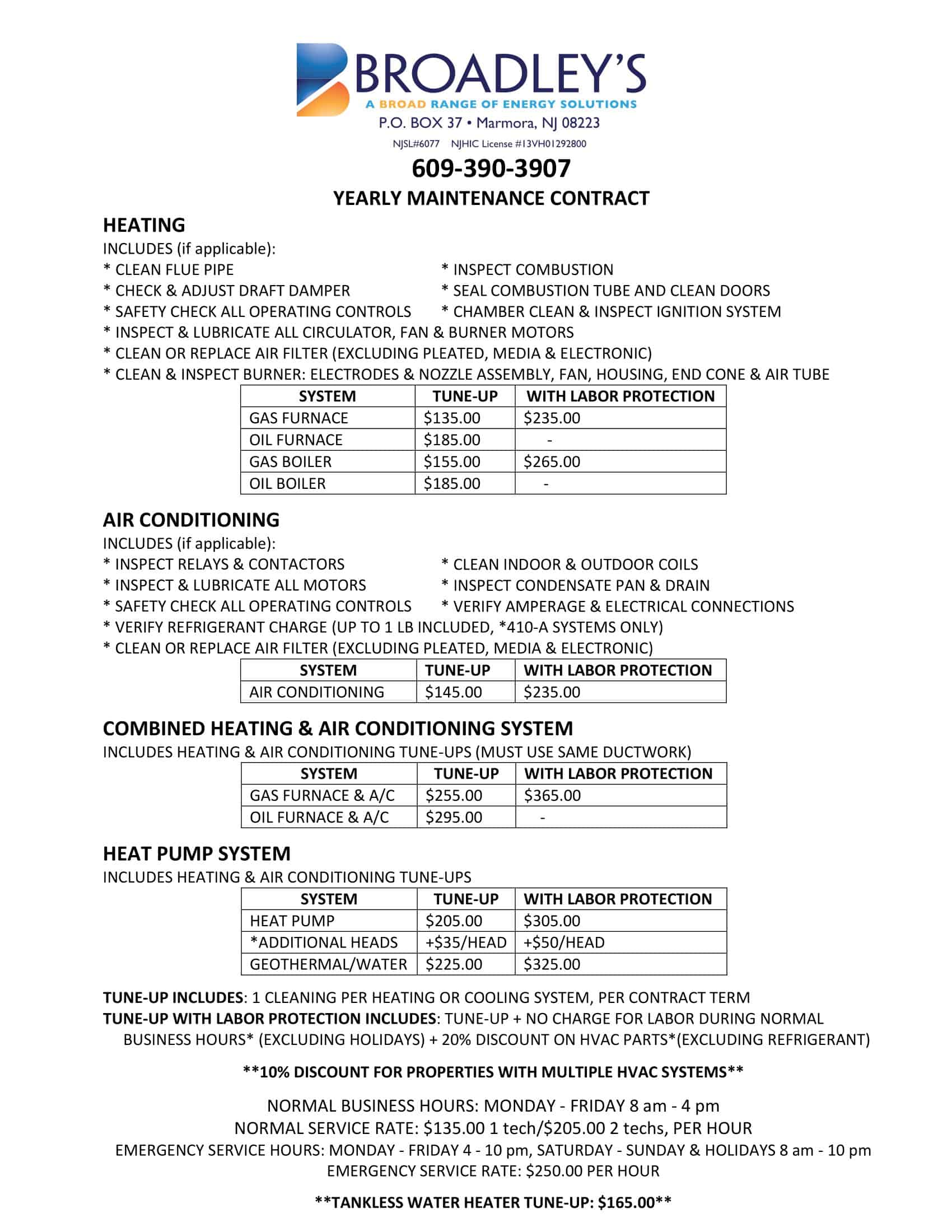

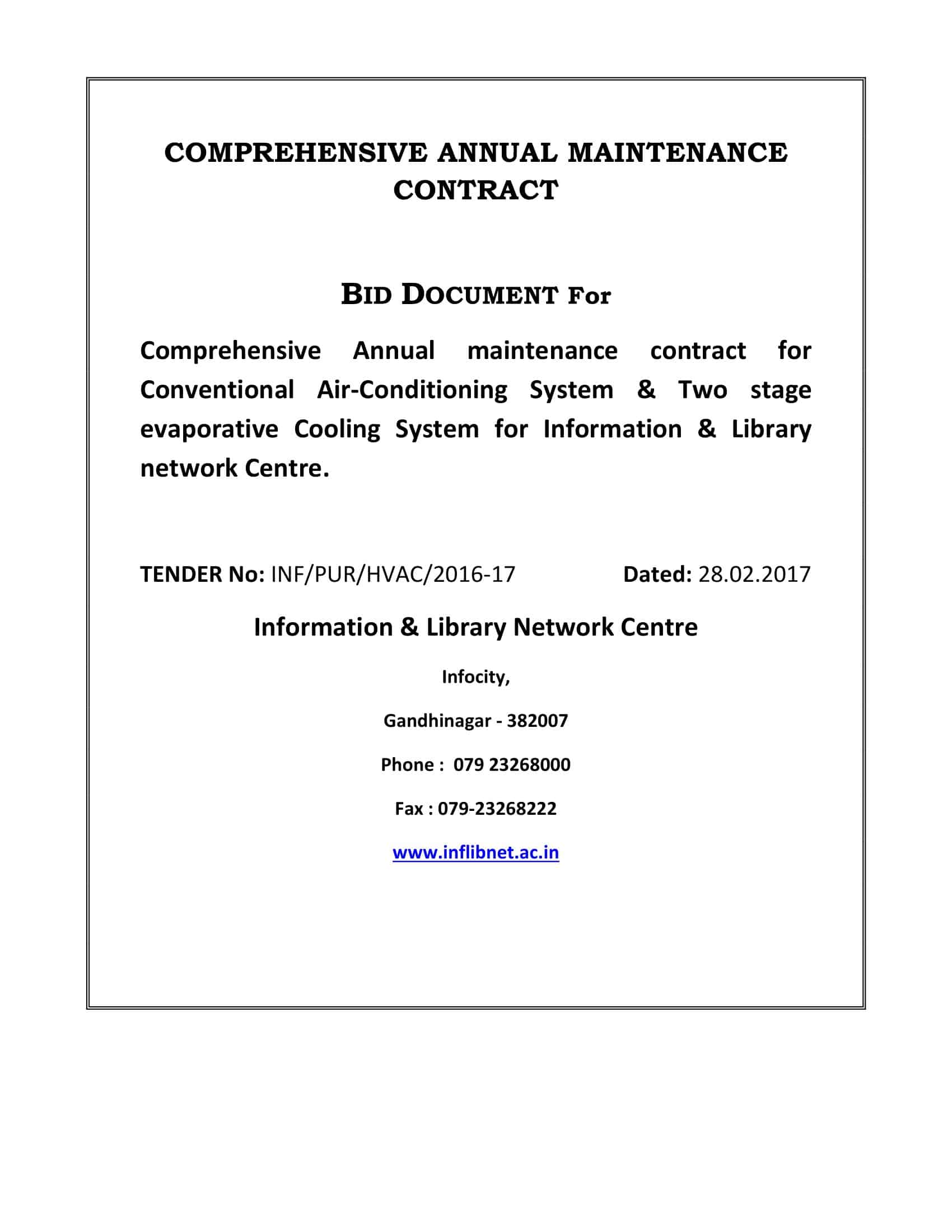


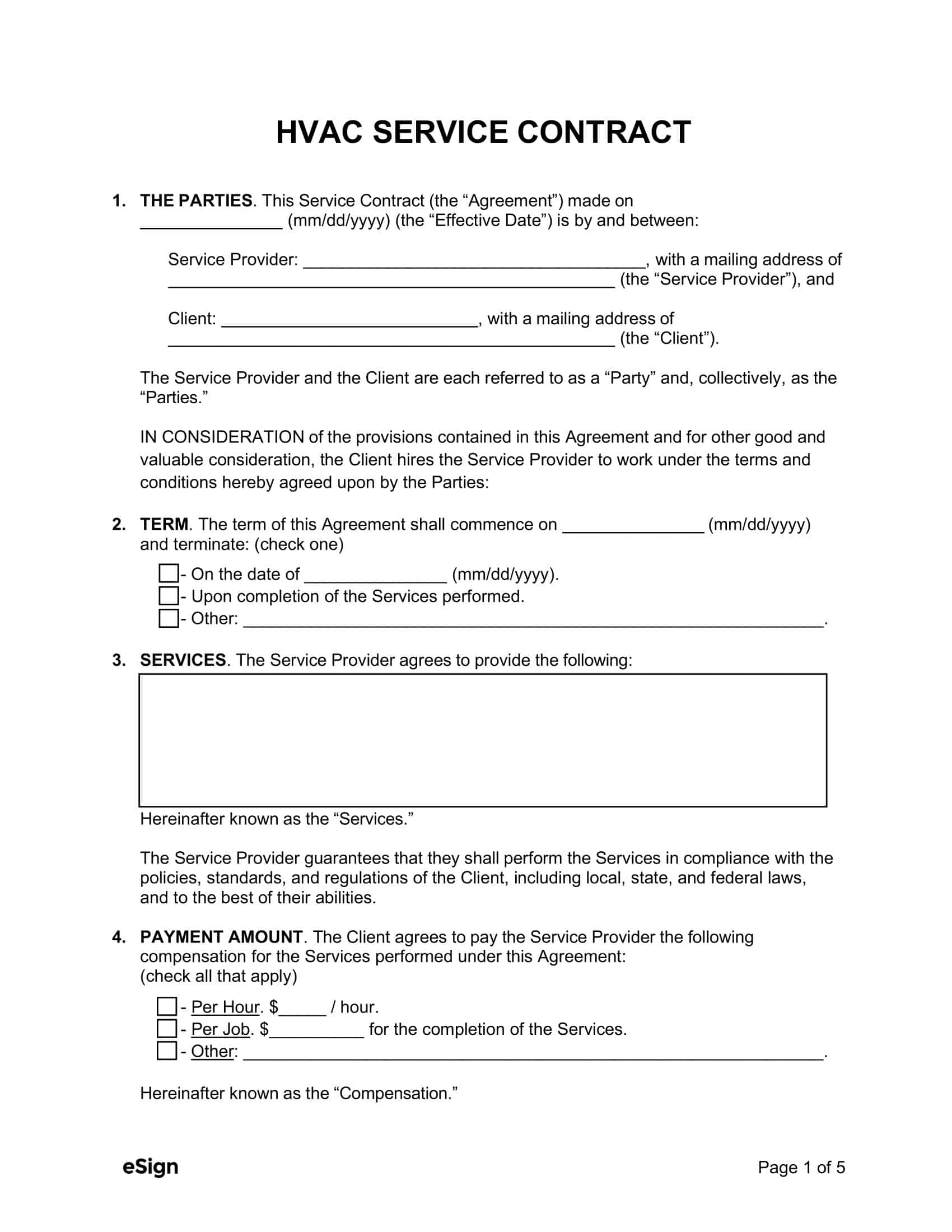




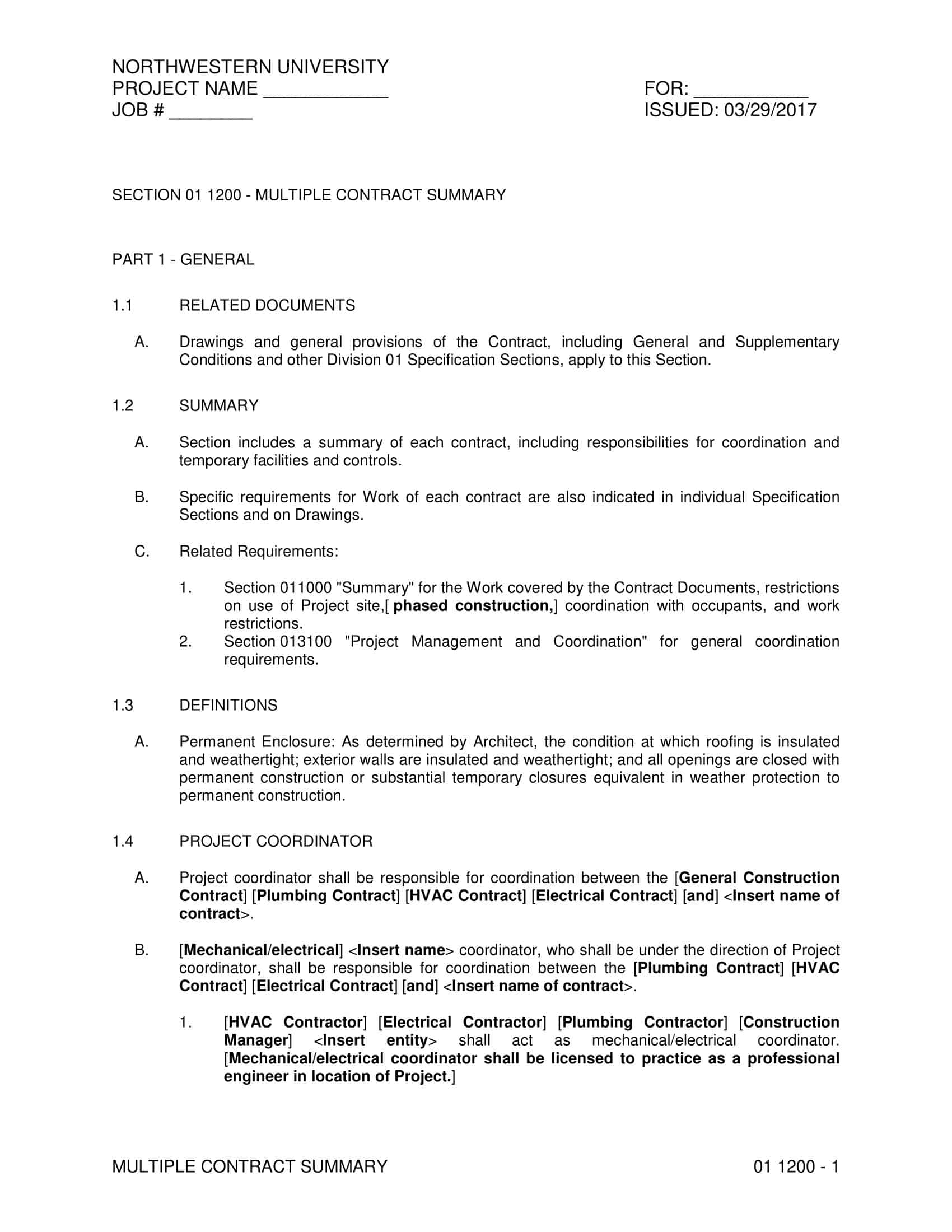

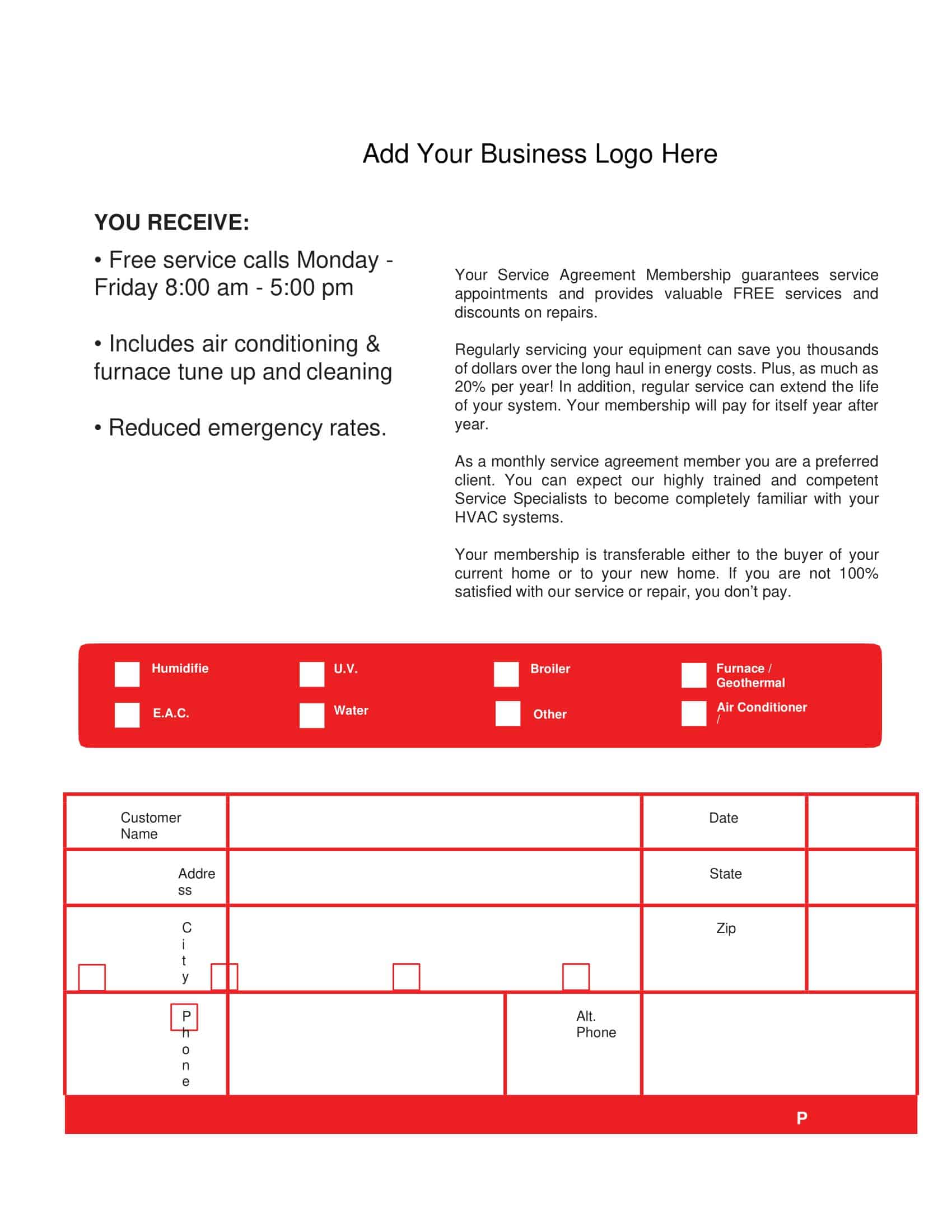




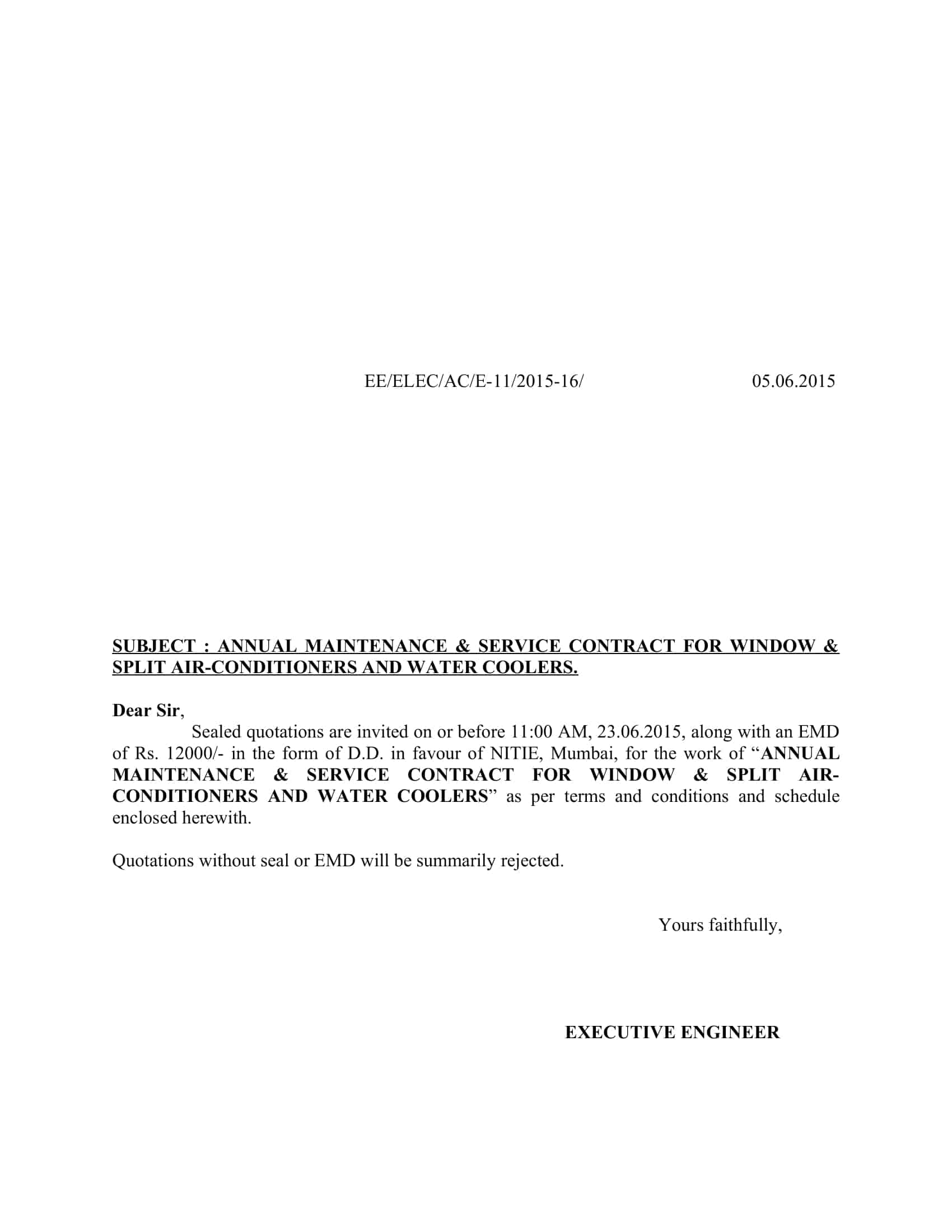

![Free Printable Land Contract Templates [Word, PDF] Simple 1 Land Contract](https://www.typecalendar.com/wp-content/uploads/2023/05/Land-Contract-1-150x150.jpg)
![%100 Free Hoodie Templates [Printable] +PDF 2 Hoodie Template](https://www.typecalendar.com/wp-content/uploads/2023/05/Hoodie-Template-1-150x150.jpg)
![Free Printable Catering Contract Templates [Word, PDF] Simple 3 Catering Contract](https://www.typecalendar.com/wp-content/uploads/2023/05/Catering-Contract-1-150x150.jpg)
